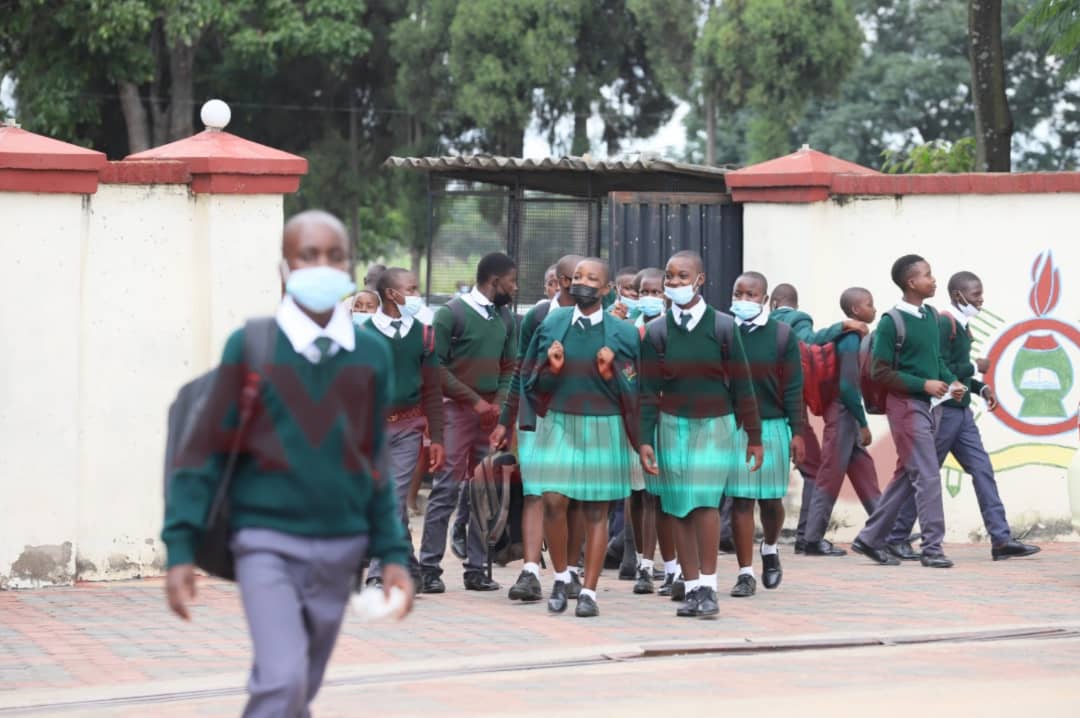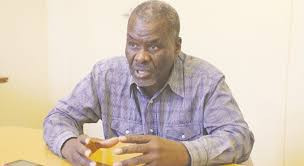
The manner in which government is handling the on-going job boycott by teachers will only serve to deepen the crisis in Zimbabwe’s education sector while learners continue to suffer from neglect.
Teachers refused to return to class when schools re-opened last week after a three week break due to a surge of Covid-19 cases at the beginning of the year.
School children were already coming from a very difficult year as learning was curtailed by the lockdowns to control the spread of Covid-19.
The writing of examinations spilled into this year and it was now a race against time for many students because of the lost time.
Teachers are arguing that they are not able to return to work because they have no money for transport, food and clothes due to paltry salaries.
The government responded by offering civil servants, including teachers, a marginal salary increase that would see everyone being paid an extra US$100.
A day after the offer, Primary and Secondary Education minister Evelyn Ndlovu pulled a shocker and announced that all teachers that had failed to report for work had been suspended for three weeks without pay.
Unions say their estimates show that 90% of the teachers heeded their call to stay away, which means that thousands would be affected by the suspensions.
- Chamisa under fire over US$120K donation
- Mavhunga puts DeMbare into Chibuku quarterfinals
- Pension funds bet on Cabora Bassa oilfields
- Councils defy govt fire tender directive
Keep Reading
Once again learners will lose valuable time as the government engages in a zero sum game.
It appears the government did not learn anything from a similar strike by nurses last year whose impact continues to be felt today as health workers vote with their feet by going to countries where their services and skills are highly valued.
During the strike by nurses Vice President Constantino Chiwenga, who doubles as Health and Child Care minister, ordered a wholesale dismissal of the striking nurses.
Chiwenga did not stop there. He went on to introduce policies that now make it very difficult for health workers to protest against their poor working conditions.
However, this only helped to poison the working environment and Zimbabwe’s health institutions are now severely understaffed as nurses are going abroad in droves.
The government cannot afford to cause similar problems in the education section.
There is need for sober minds to address the teachers’ grievances because being confrontational will only worsen the crisis.










